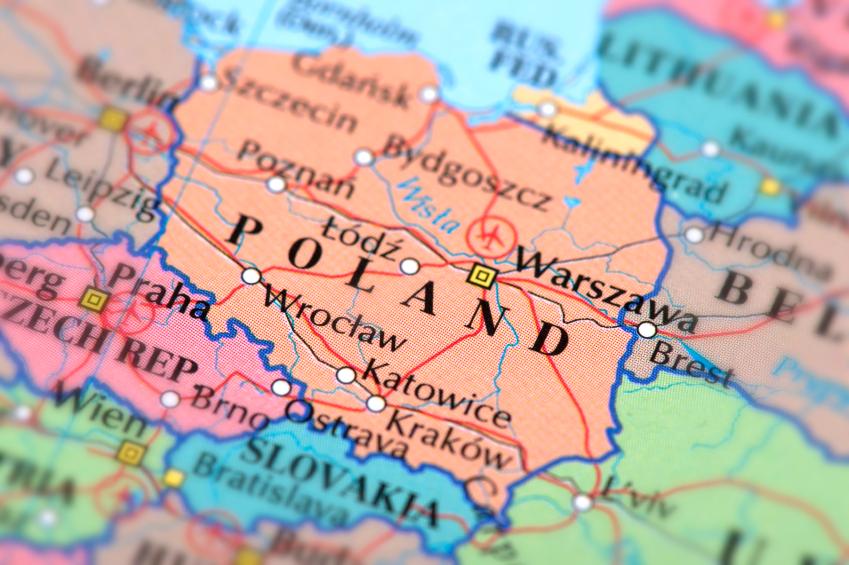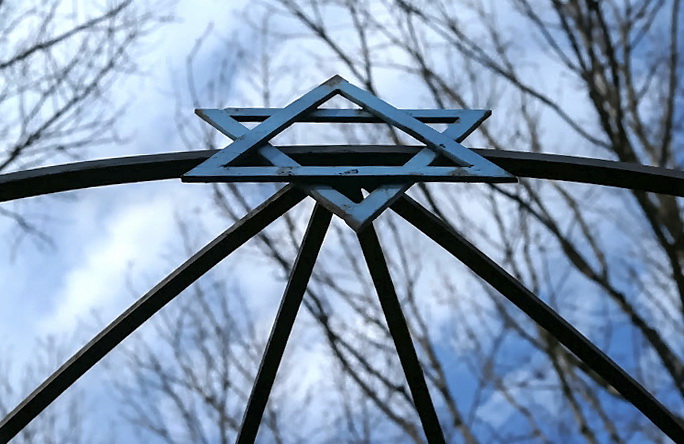EUROPE WILL NEVER BE THE SAME AGAIN
There is no doubt that over the last decade political and social tensions have become global. A fear of terrorist attacks is visible even in the traditionally stable and well-governed countries, which affects the feelings of travelers and their choice of the most desirable destinations in Europe. Are the Loire Valley and Danube cruises no longer a good idea for holidays then? Is the Old Continent going to be considered as risky as the Middle East? Of course not! While the view on tour planning is slowly changing, countries like Croatia, Lithuania and Poland are marking their strong positions on the tourist map of Europe.

A NEW DESTINATION
Poland is a perfect example of a place that attracts those who want to explore the diverse European heritage. The melting-pot of various traditions, the historical outskirt of the ‘western culture’, a home to the Roman Catholics, Jews and Protestants. If you are interested in history, art or religions - Poland has it all. Impressive churches, synagogues, castles, palaces, and the ubiquitous sound of Chopin’s romantic piano in the background. The questions is whether this nice and encouraging picture goes together with comfort and safety. Is Poland safe? Is it truly open and welcoming?

FEEL FREE TO WALK IN A KIPPAH
For years, Poles have been looking at their German neighbors in search of inspiration how to organise their society effectively after decades of the devastating communist rule and how to adapt to the western market. Although the prosperous Polish economy is still chasing the German, the social feelings currently seem to be better in Warsaw than in Berlin. Local police reported more than three thousand and five hundred hate crimes in Germany in 2016, four times more than in Poland in the same year. The statistics are even more shocking in the case of the United Kingdom, for which over eighty thousand hate crimes were revealed. In the same time Jonny Daniels, the executive director of ‘From the Depth’, a Holocaust-memorializing organization, underlines the visible Polish religious tolerance, saying that: ‘It is entirely different to the feeling you have as a Jew today in Paris, Brussels or Berlin, where walking around with a kippah isn’t an option’.
NO BOMBS IN WARSAW
Poland was historically under pressure of its two strong and dominating neighbors: Russia and Germany. Therefore the traditionally warm feelings towards France cannot be a surprise. Since the Napoleonic era in Europe Poles believed that their French friends would help them face the aggression of possible enemies. Yet it is France that currently needs help with anxiety and local conflicts. Among the one hundred and forty-two terrorist attacks reported in the European Union in 2016, twenty-three took place in France. Poland remains ‘clear’ in those statistics, there have been no attacks here for years. The French police has arrested four hundred and fifty-six people for terrorist activity last year, in the same time six arrests were reported in Poland. This can lead to a conclusion that Polish secret services are doing their job pretty well. The attacks in Europe could be identified with various forces: from the ethno-nationalist, left-wing violent extremists to jihadist terrorists. Luckily none of those are seriously present in Poland.

A CHANCE FOR POLAND
Poland has recently experienced certain criticism from the part of global media. It clearly coincides with polarization of the public opinion in the United States. Polish problems are significantly different from the American ones though. The main topics for public discussion here were the abortion law and the changes in the justice system. And these two issues became the source for the recent peaceful protests against the conservative government in Warsaw. Fortunately it does not change the positive atmosphere for the visitors. Travelers will not avoid Europe, even if the political situation here is less stable than it used to be for years. At the same time countries like Poland, previously blocked by the communist regime to host tourists, should look for their chance to promote and encourage foreigners to explore their treasures.
_
1 OSCE Hate Crime Reporting
2The Algemeiner, by Lea Speyer
3European Union Terrorism Situation and Trend Report by Europol
 LET'S DESIGN YOUR TOUR!
LET'S DESIGN YOUR TOUR!